From polytechnic to university: A freshman’s perspective
April 18, 2024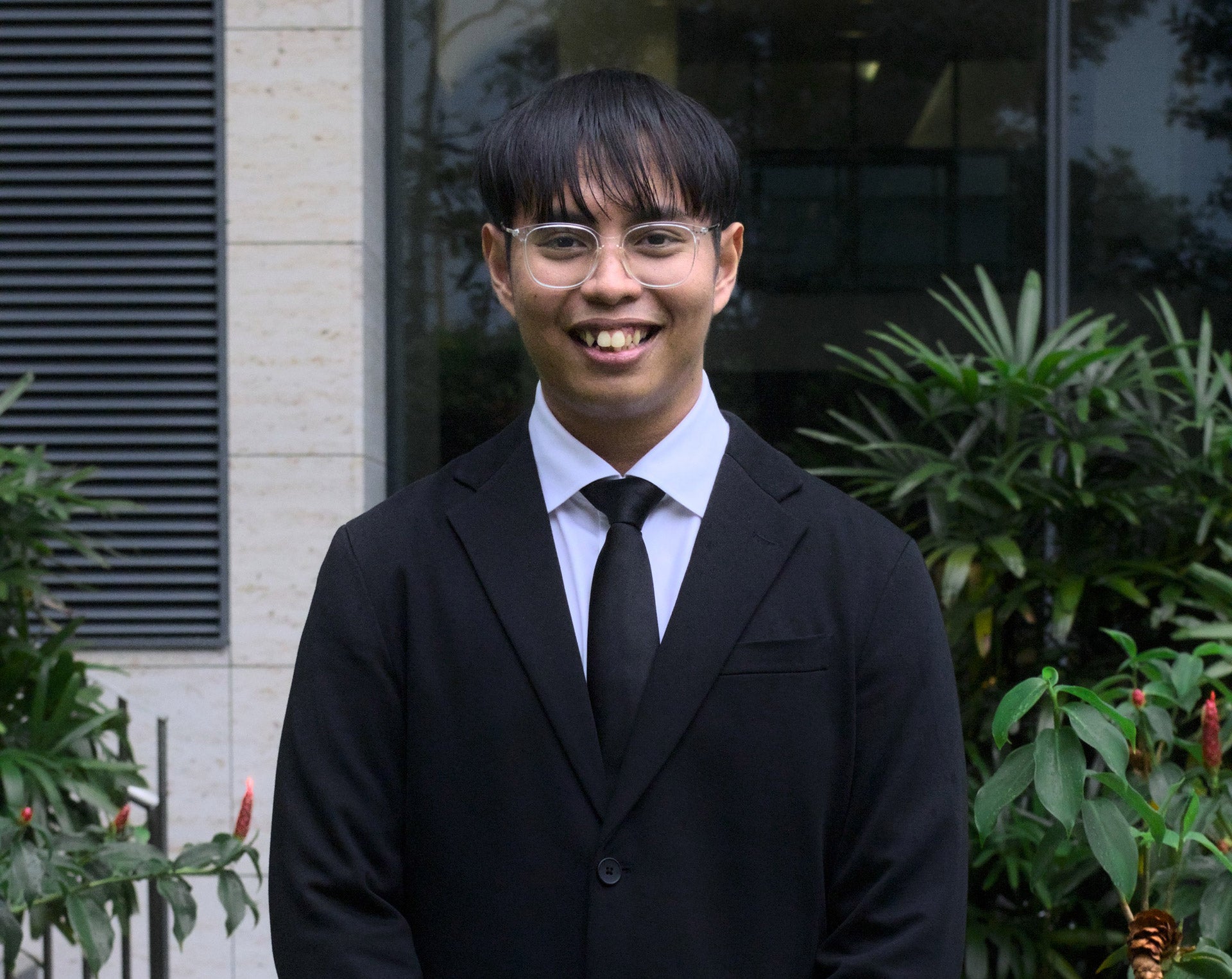
Polytechnic and A Level routes offer different pathways to university education. Is it more challenging for polytechnic students to adapt to university life?
Year 1 Life Sciences student Muhammad Amir Hakim Bin MOHAMAD RAIZAL, who hailed from Singapore Polytechnic, believes that the ease of adapting depends on students’ individual learning styles, motivations and career goals.
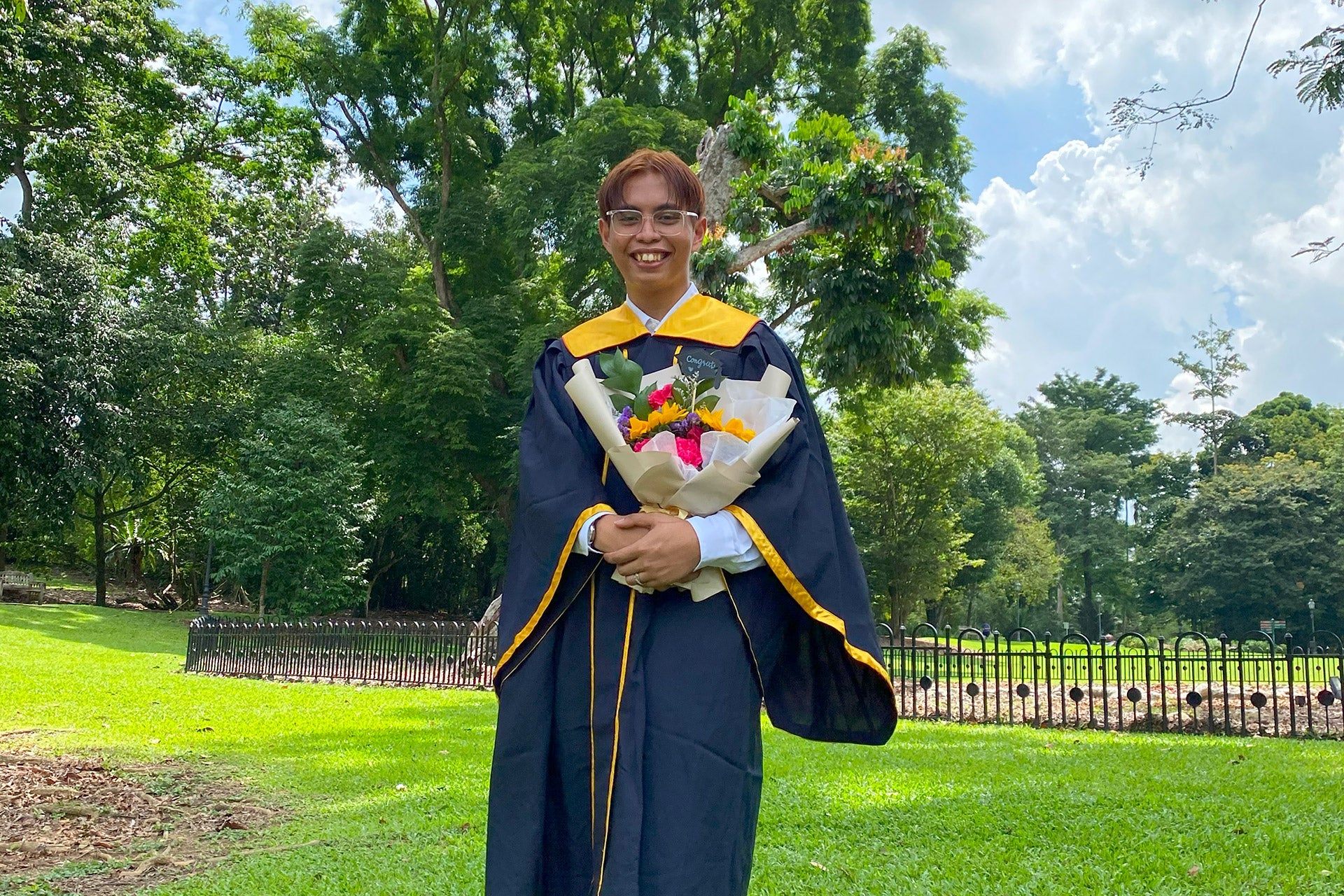
Indeed, in his experience, the transition to the NUS College of Humanities and Sciences (CHS) proved to be relatively “seamless”. Being graded per semester during his time in polytechnic better prepared him for NUS’ cumulative grading system, while learning in polytechnic during the disruptions of the pandemic was also a precursor to navigating NUS’ blended learning approach.
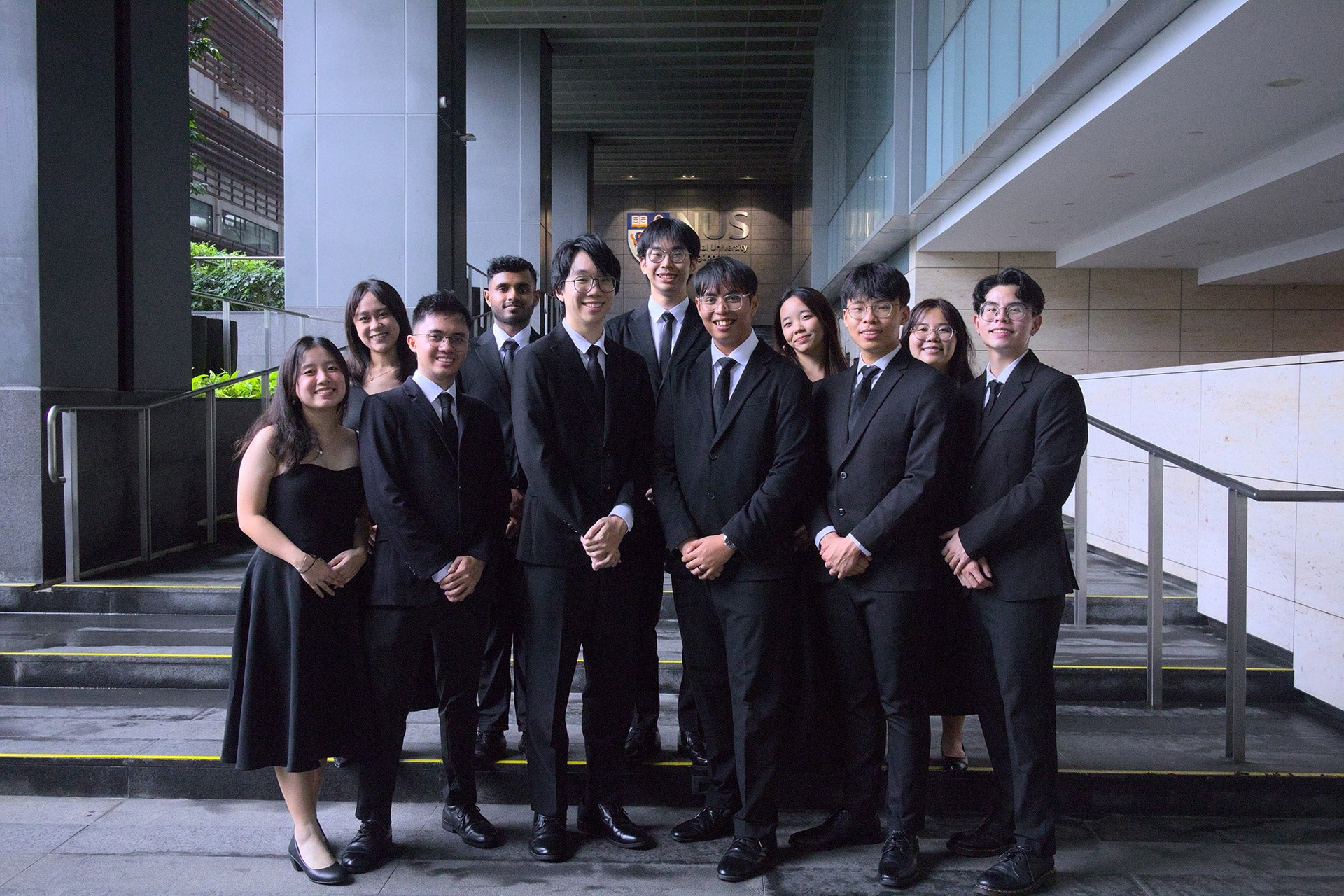
Embracing “the dynamic academic environment of university life” and diving into the vibrant student life and the diversity of events catering to students from diverse backgrounds are “aspects of university life that I thoroughly enjoy,” he says. In no small part, these experiences helped him to settle into the new routines and environment of university life.
It was the passion to contribute to the student community that led him to assume the mantle of President of the 44th NUS Students’ Science Club, where he and his team seek to create an inclusive environment that “fosters a sense of belonging and lifelong connections” for students.
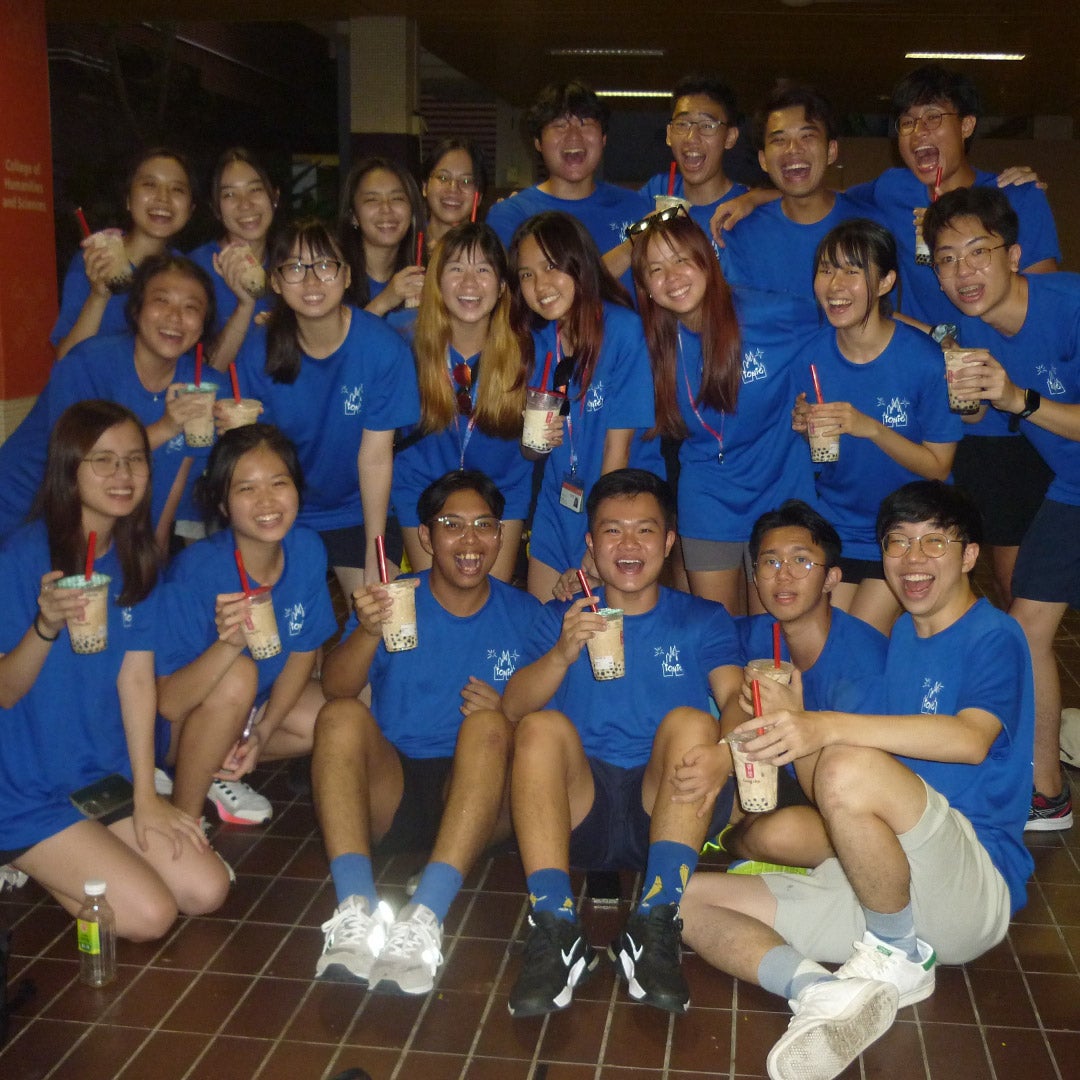
Amir is currently contemplating taking a Psychology or Asian Studies minor. He says, “The prevalence of mental health issues underscores the importance of delving into the psychological aspects of human behaviour.”
He adds, “Psychology aligns naturally with my academic journey, offering insights into the intricate workings of the brain and the motivations behind human actions, a knowledge base which is essential as I aspire to be a healthcare professional.”
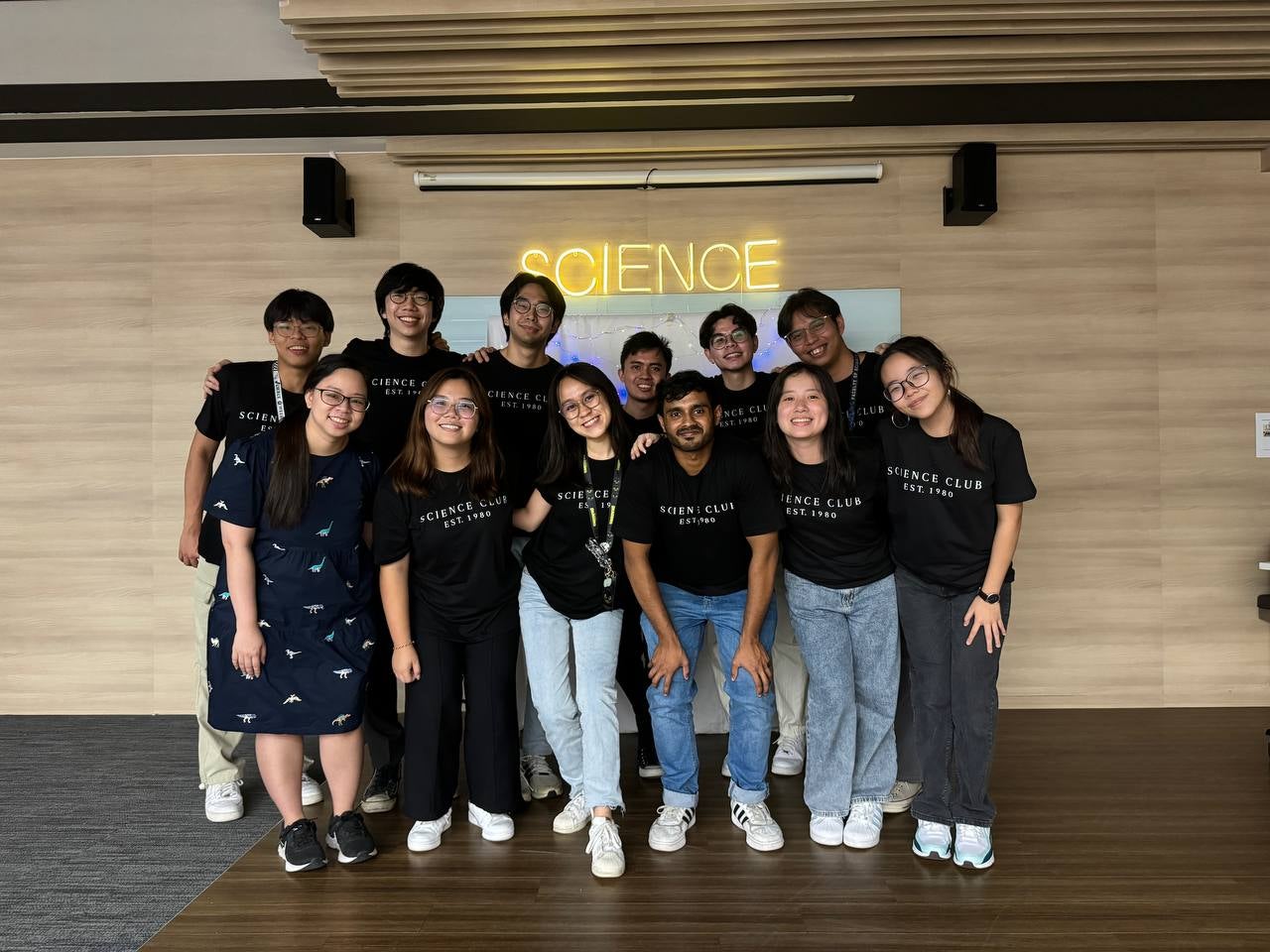
The HSA1000 Asian Interconnections course, which provides a tapestry of diverse perspectives on Asian culture, also piqued his interest in Asian Studies, sparking his interest to delve deeper into the intricacies of our region’s heritage.
He adds, “Pride in my own cultural background inspires me to explore and understand other ethnicities, especially those closely intertwined with our homeland.”
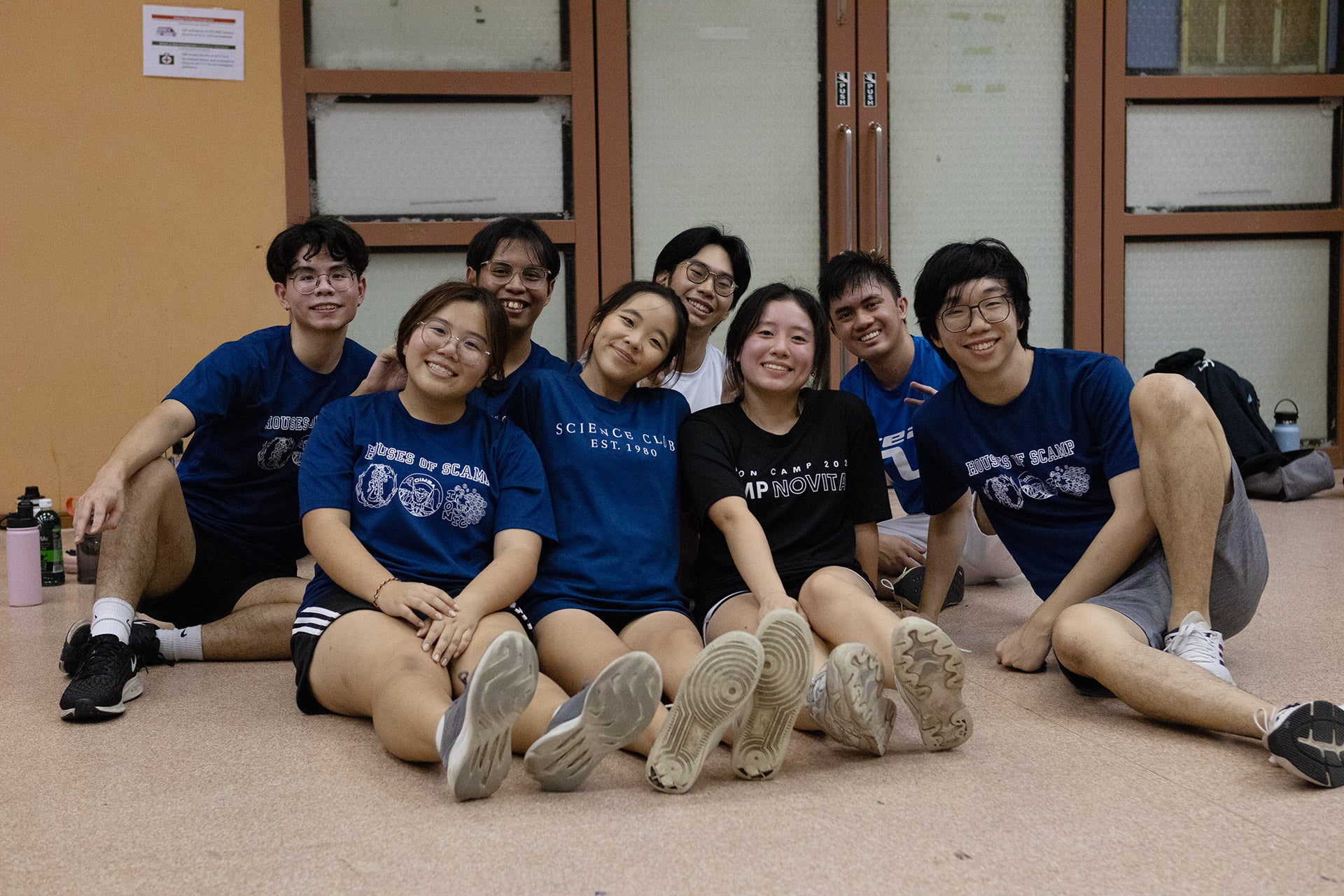
While he has always been scientifically inclined, he thoroughly enjoyed Common Curriculum courses like HSA1000, HSS1000 Understanding Social Complexity and HSH1000 The Human Condition.
He says, “Particularly striking was the interactive nature of these courses, facilitated by intimate tutorial sessions that encourage peer discussion. Within this supportive environment, I discovered the value of diverse perspectives, as our classroom became a sanctuary for open dialogue and the exchange of ideas.”


